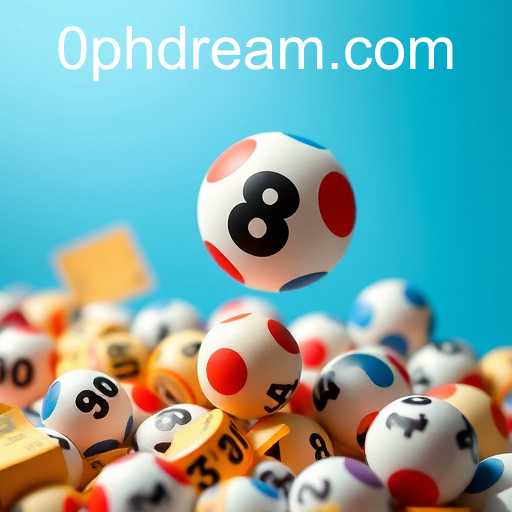Exploring the Thrill and Complexity of Lottery Games
The Fascination with Lottery Games
Lottery games have captivated millions around the world, offering the tantalizing dream of instant wealth. The chance to win a life-changing sum through a simple ticket purchase stirs excitement and ignites imaginations. But beyond the surface allure, the intricate world of lotteries, including the phenomenon known as "phdream," reveals much about human nature and societal structures.
The Global Lottery Phenomenon
Lotteries are not just games; they are a global phenomenon. With origins tracing back millennia, these games have evolved tremendously. Historical accounts tell of lotteries supporting public projects, such as the construction of the Great Wall of China and funding for the early American colonies. Today, they exist in numerous forms and contribute to both economies and public causes worldwide.
Types of Lottery Games
The variety of lottery games is as extensive as it is intriguing. From simple scratch-off tickets found in corner stores to massive national and international draws, each game presents a unique set of rules and odds. Some popular formats include:
- Lotto: A game where players select a set of numbers in hopes they match those drawn.
- Powerball and Mega Millions: Offer jackpot opportunities that reach into the hundreds of millions, creating potential for dreams as vast as the prizes.
- Instant Games: Scratch-off tickets that provide immediate winnings, catering to those who enjoy instant gratification.
Understanding "phdream"
The term "phdream" has become synonymous with the aspiration inherent in lottery participation. It reflects the dreams of individuals who envision a new reality: financial freedom, exploration of new life paths, and securing family futures. The "phdream" captures the hope and optimism that each ticket imparts, regardless of the odds.
For many, playing the lottery isn't just about the win but about what that win represents. Each ticket purchased is a step closer to the possibility of significant change, an idea immortalized in the "phdream."
Societal Impact of Lottery Games
Lotteries serve various roles within society, beyond just entertainment. They often raise funds that support public projects and charitable causes. However, there’s a dual impact on communities and individuals to consider.
Economic Benefits
Many systems use lotteries to generate revenue for state budgets. Funds raised often support education, infrastructure, and health programs. In this way, players contribute to the social good while indulging in their hopes.
Challenges and Considerations
The accessibility and appeal of lottery games can sometimes lead to problematic outcomes. The lure of "phdream" can drive some players to spend beyond their means, impacting their financial health. Governments and operators strive to educate the public on responsible play, promoting awareness that lotteries are a game of chance and not a reliable method of financial planning.
The Future of Lottery Games
As with many industries, technological advancements are transforming how lotteries operate. Online platforms expand accessibility, offering a broader range of games to a global audience. This evolution presents both opportunities and challenges in terms of regulation and ensuring fair play.
The concept of "phdream" will continue to evolve with these platforms. As virtual reality and digital innovations enhance player experiences, the emotional and psychological connections to the dream of winning will become even more profound.
Conclusion
Lottery games, embodied by the spirit of "phdream," remain a captivating and complex facet of human culture. They reflect our innate desire for hope and transformation while challenging us to approach luck and fortune with realism and responsibility. As we navigate this evolving landscape, understanding the dynamics of lottery games will be essential to maximizing their benefits and minimizing their potential pitfalls.








